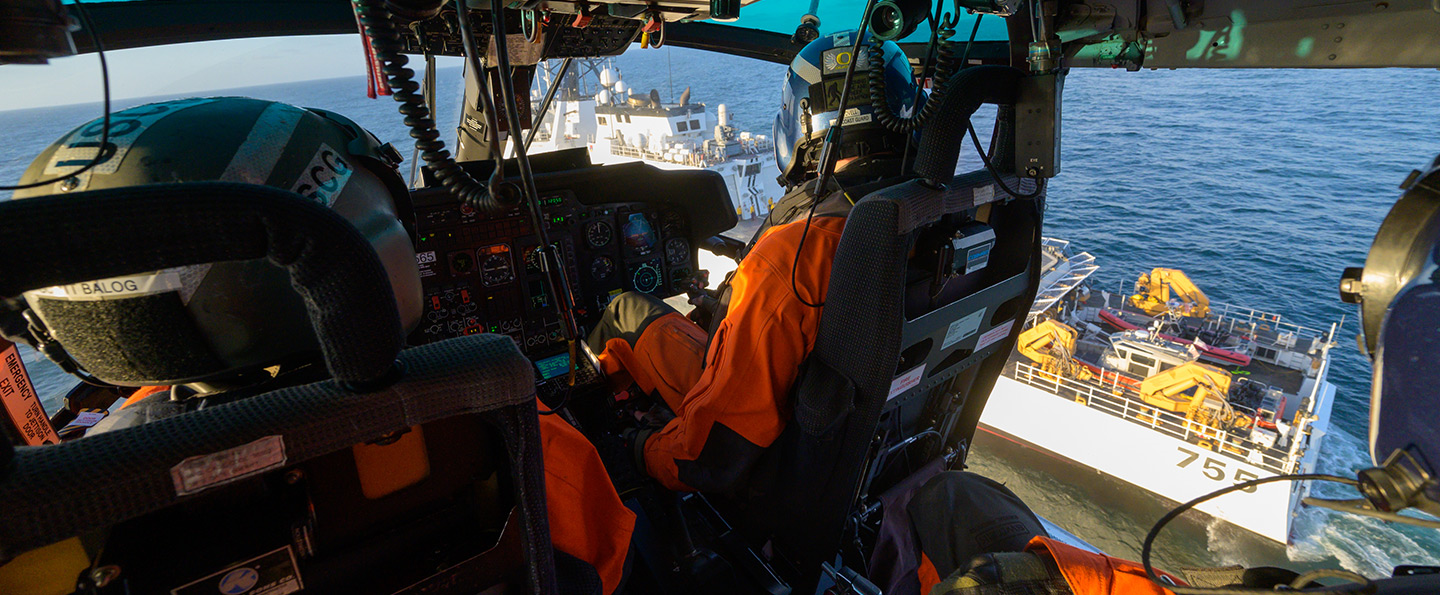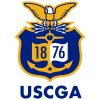
Coast Guard Career Paths
Serving as an officer in the Coast Guard is different from serving in any other military branch. You are charged to be a law enforcement officer and sailor, humanitarian and defender, regulator, steward of the environment, diplomat, and guardian of the coast. With so many roles to fill, it’s no surprise that the Coast Guard offers many opportunities for professional specialization.
Operations specialists carry out the missions of the Coast Guard in the field. Careers include:
In this specialty you will coordinate and execute Coast Guard response operations from command and control centers ashore. These range in size from a regional Sector to the Pacific Area Command Center encompassing seven continents, 71 countries, and 74 million square miles of ocean. You direct government and private sector assets to carry out all Coast Guard responsibilities in your area of operations.
As an officer in this specialty, you will prevent accidents from happening. Start as a vessel inspector then broaden your knowledge and skill to develop and enforce regulations for facilities; lead investigations; enforce waterway safety and security standards; and conduct waterway analyses.
Support specialists deliver resources needed in the field.
These specialists are the focal point for technical and logistics support for aviation systems and equipment. As an Aeronautical Engineer, you will keep the Coast Guard in the air through avionics systems acquisition, planning, design, operation, maintenance, and alteration of systems and aircraft.
As an IT specialist you will design, build, configure, operate, maintain, and integrate IT networks and capabilities including classified and national security networks.
As a Financial Manager, you will control the fiscal assets of the Coast Guard. You will create budgets, spend and account for money, conduct audits and manage inventory.
Special Experience Credentials
Like many officers, you may choose to develop expertise in secondary areas of specialization in addition to your primary career path in Operations or Support.
Challenge and Growth
The Coast Guard continually challenges its officer corps through new, more responsible assignments every 2-4 years. Each assignment provides new duties, environments and unique opportunities that result in rapid growth, development, and the opportunity to live a life of purpose.
